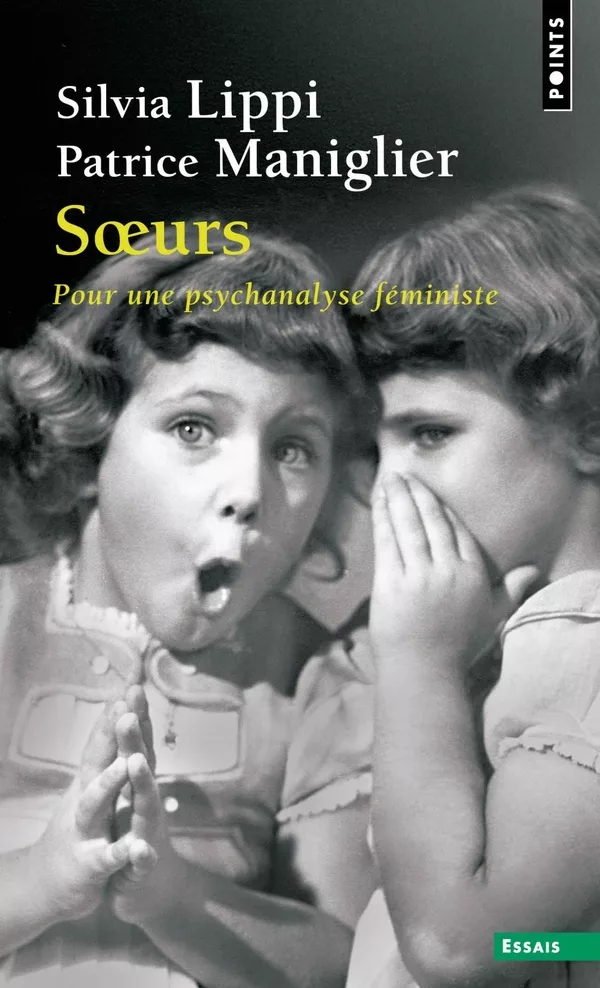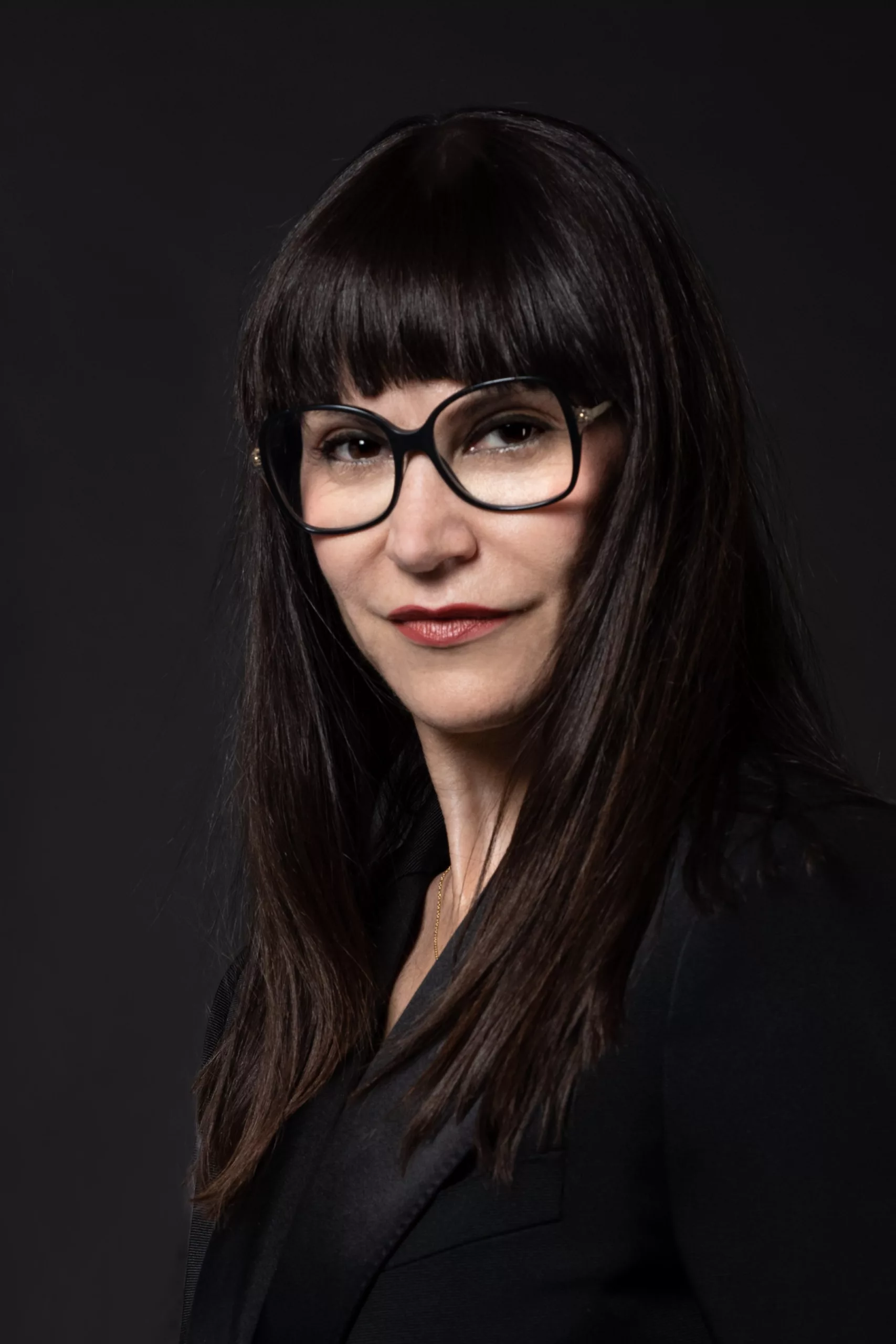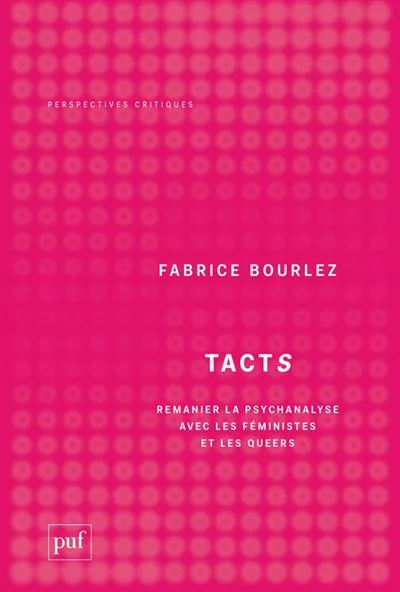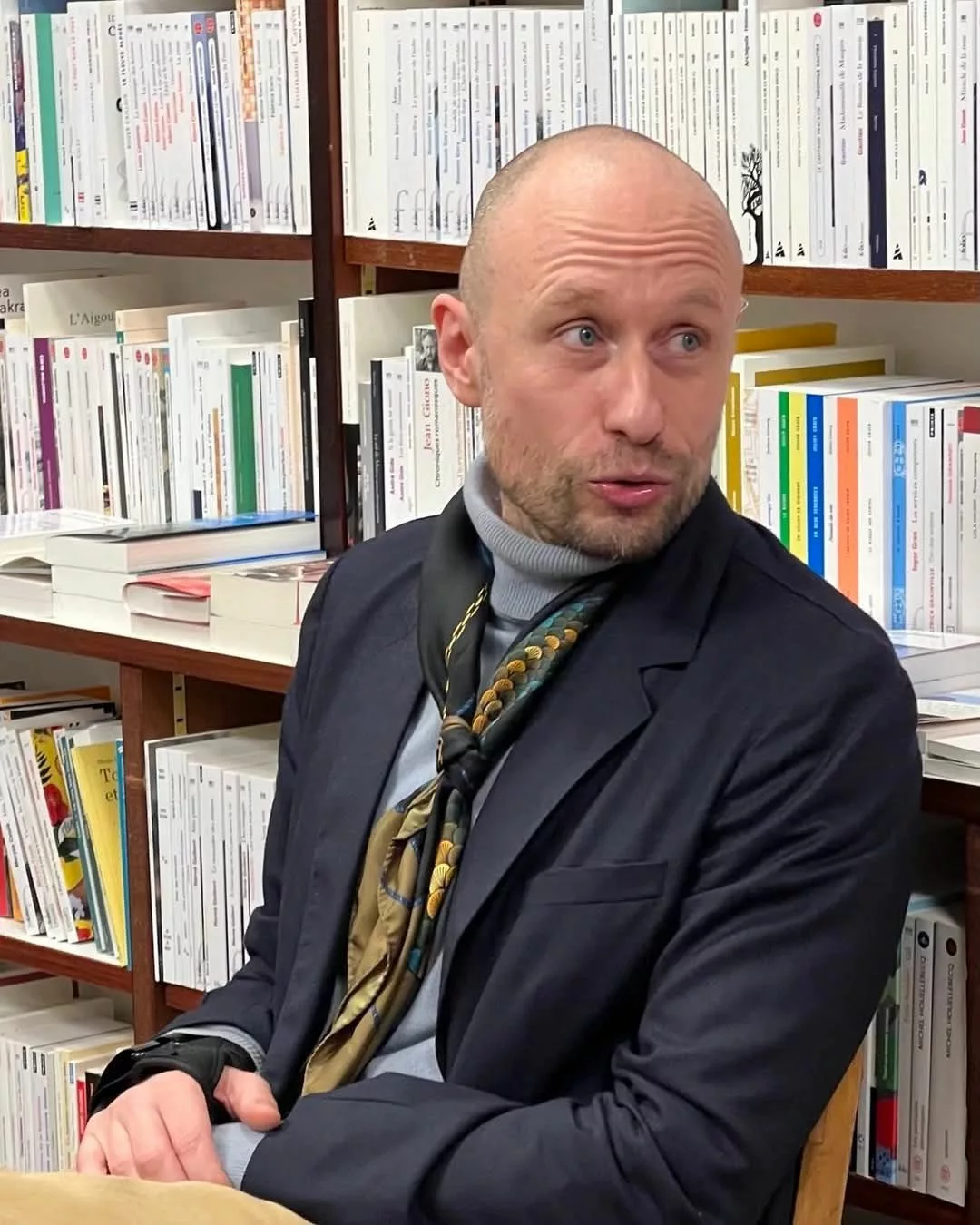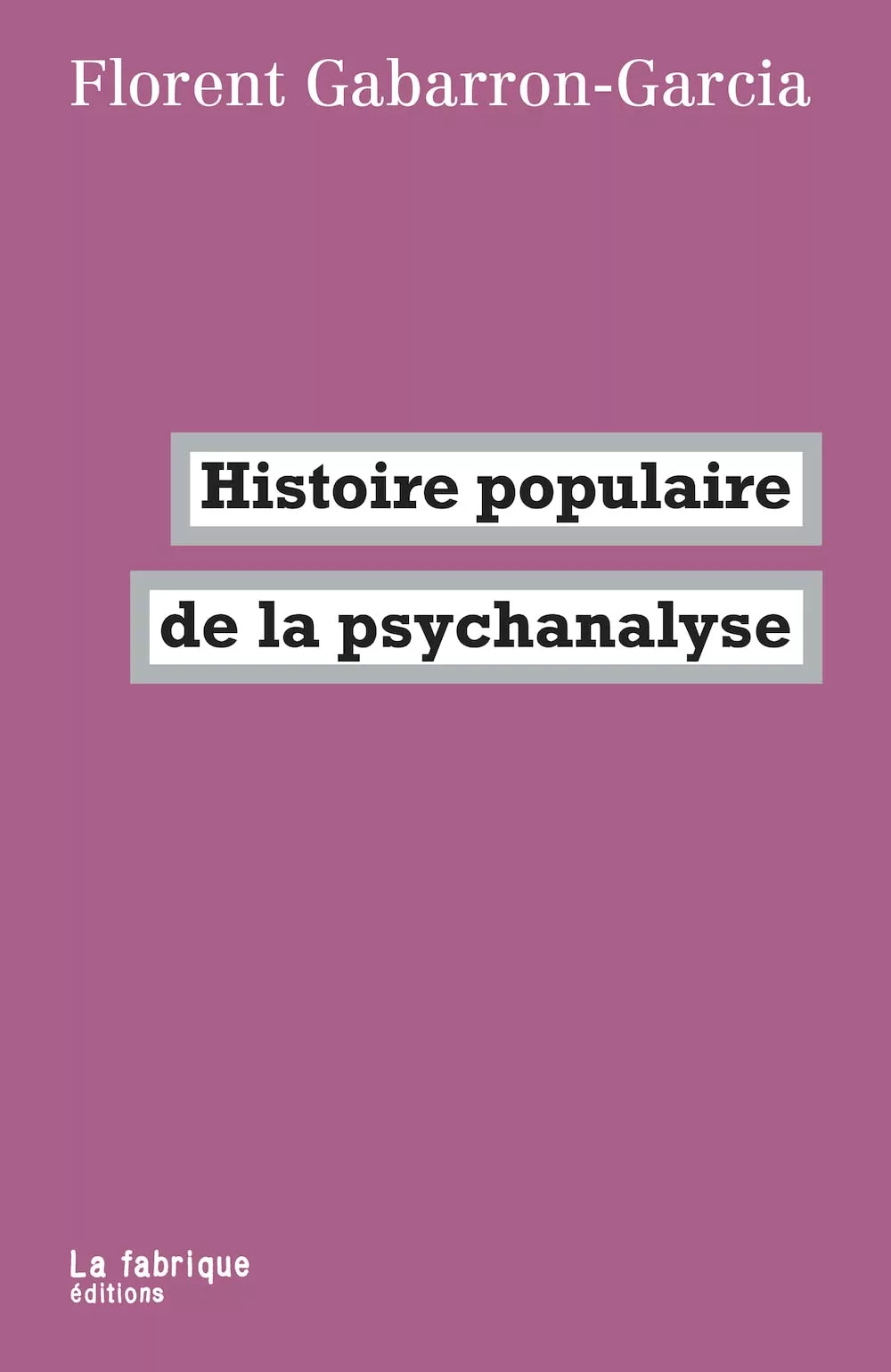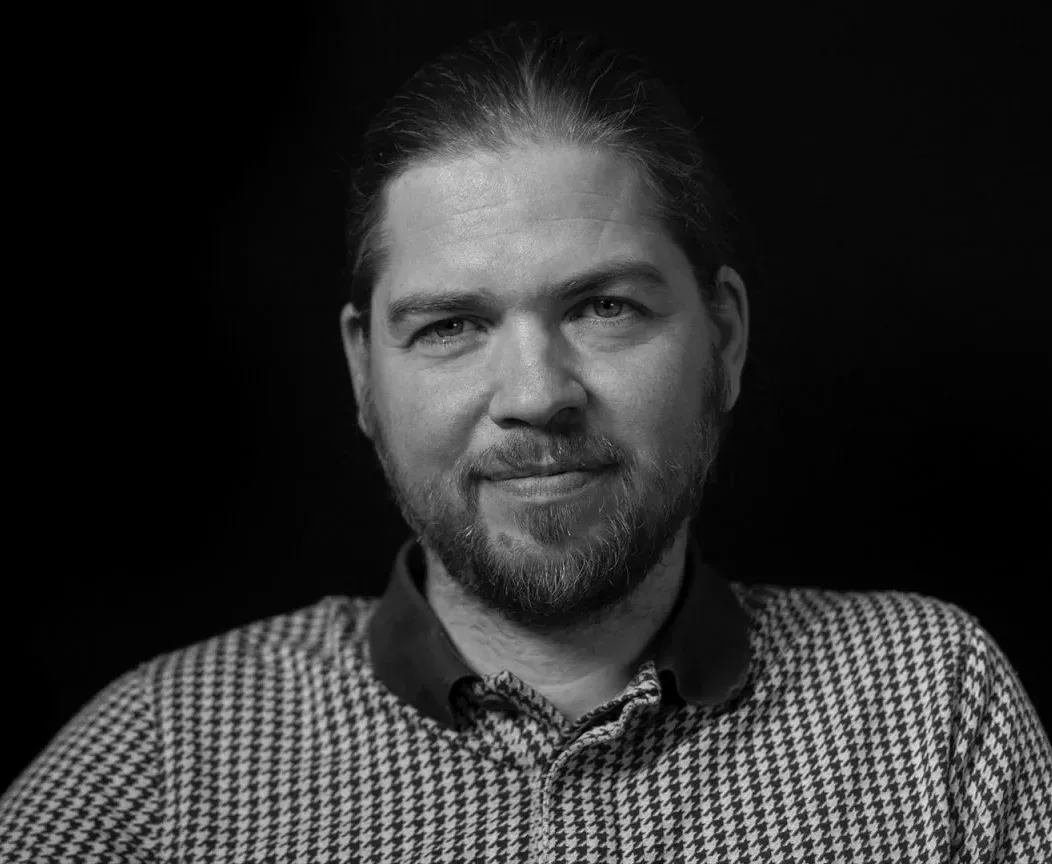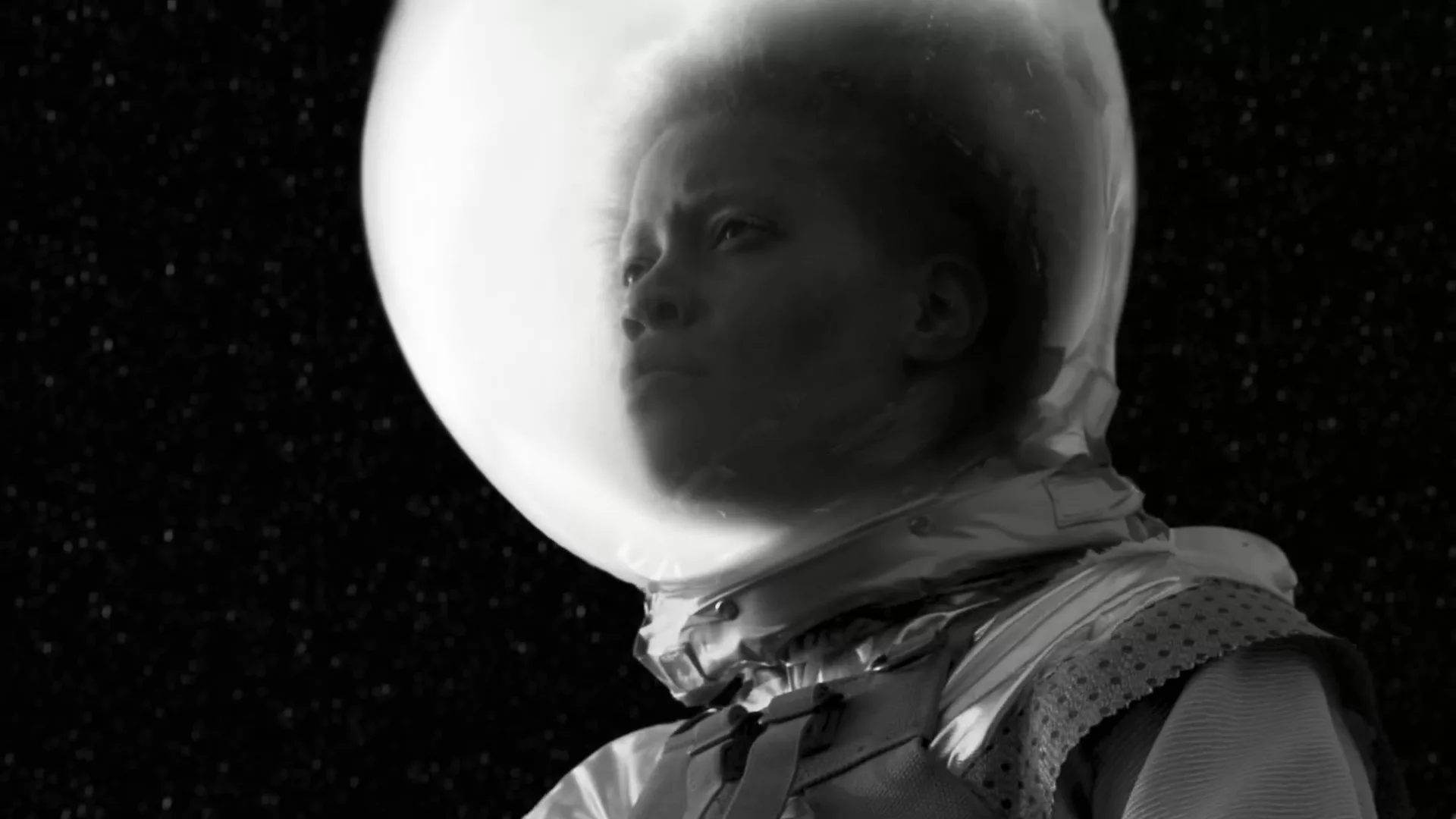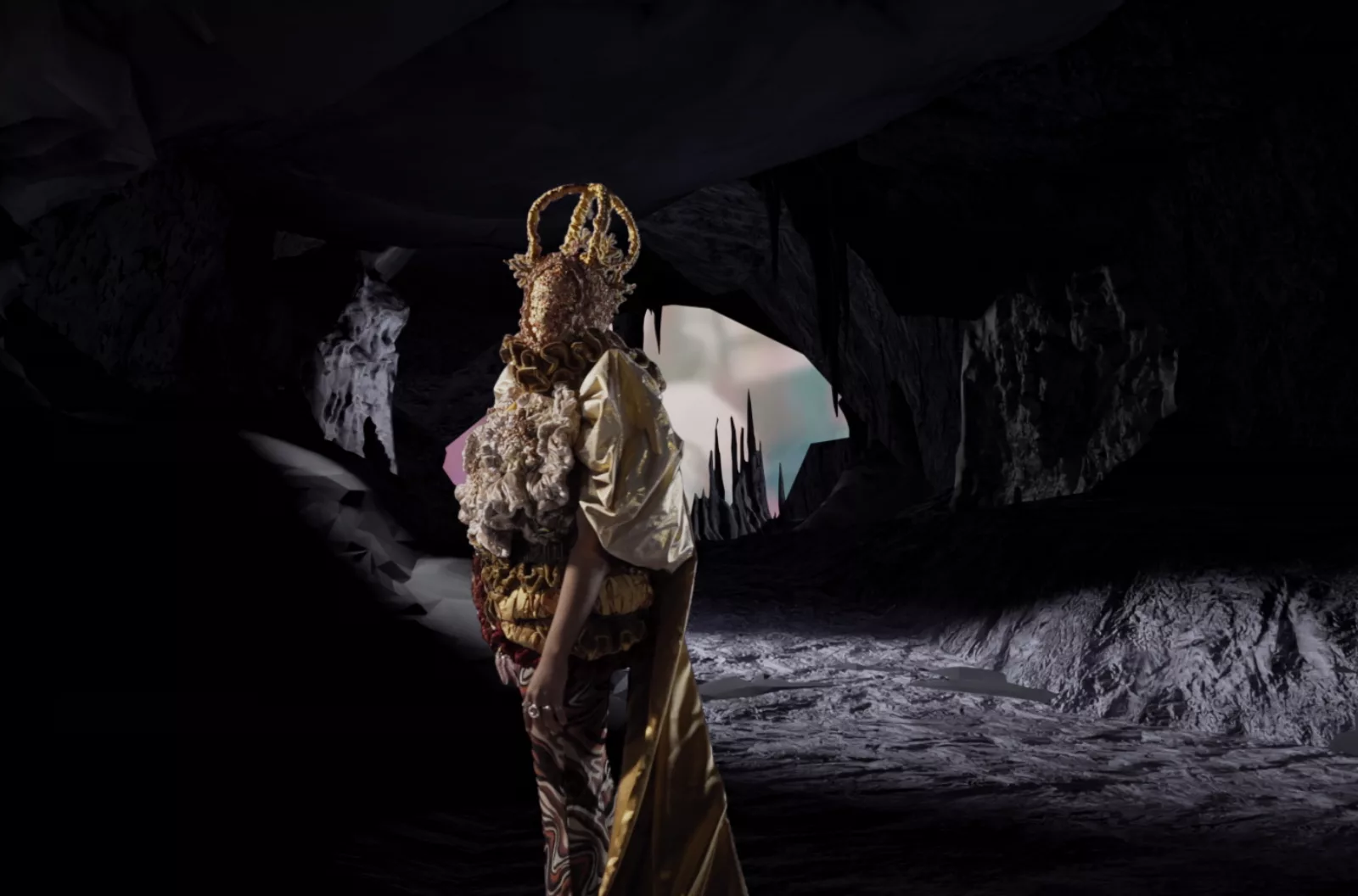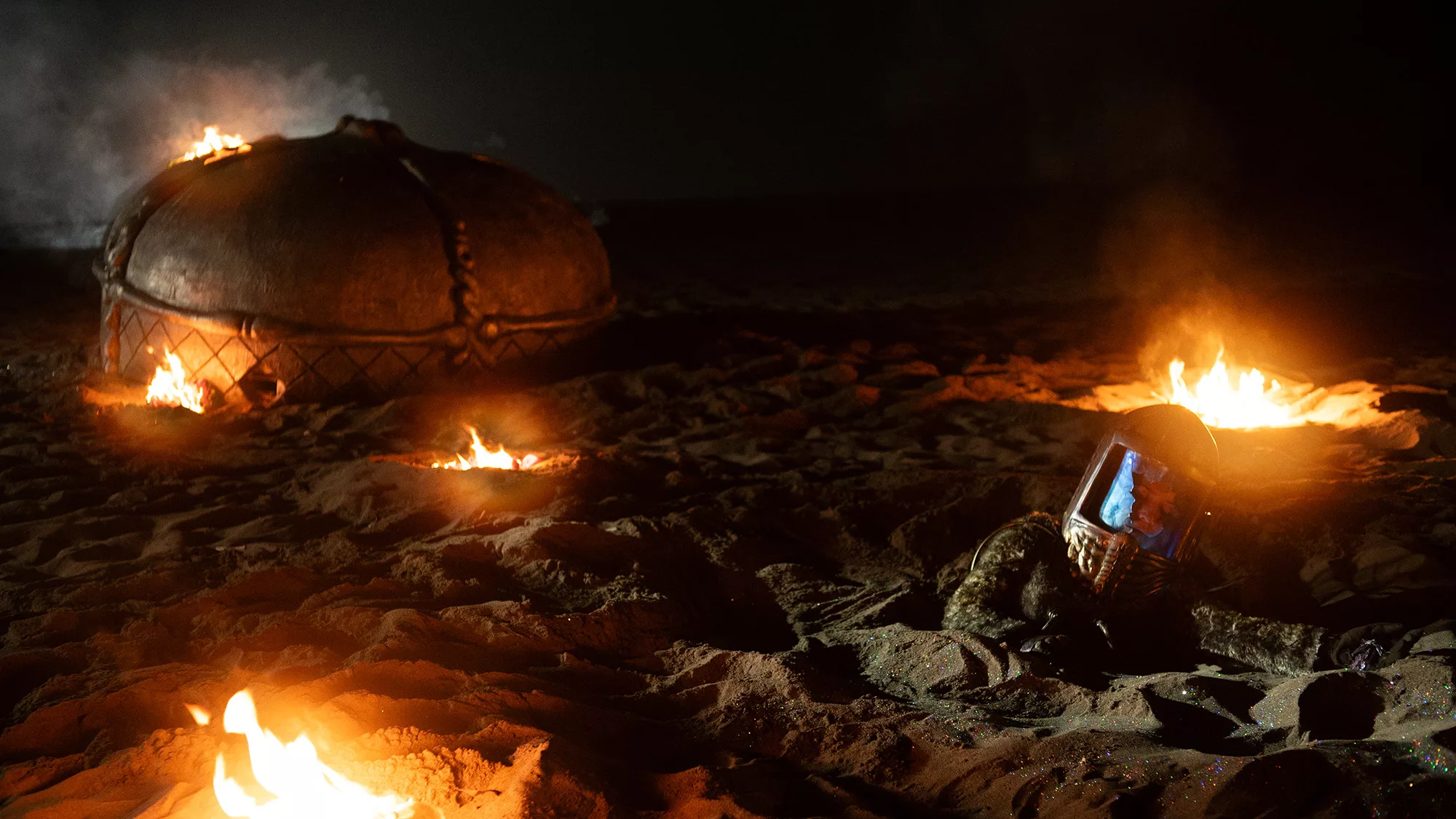FESTIVAL OF IDEAS AND CONTEMPORARY CREATION
Open the 2025 Program
Saturday, July 26, 2025
Politics of psychoanalysis with Silvia Lippi, Fabrice Bourlez, and Florent Gabarron-Garcia, psychoanalysts; “Afropoetics and magical futurism” with Katia Dansoko Touré, author and journalist, and films by Nuotama Frances Dobono, Cauleen Smith, Josefa Ntjam, and Riar Rizaldi.
Sunday, July 27, 2025
Politicizing adult-child relationships with the Collectif des ami·es de Tal followed by a meeting with Juliet Drouar, conspiring and breathing with Loreto Martínez Troncoso & Julie Pellegrin, artist and curator.
Wednesday, July 30, 2025
Preparation meeting and workshop with Martin le Chevallier, artist ; encounter-performance with Chuglu, artist collective
Thursday, July 31, 2025
Radio show with the Queer Phoenix collective ; writing workshop “Speculative Genealogies” with Louise Bentkowski, author
Saturday, August 2, 2025
Workshop on the status of artists with Aurélien Catin, author and economic rights activist; Thinking about world conflicts with Benjamin Gizard, sociologue ; sociologist; The reversibilities of archaism with Frédéric Rambeau, philosopher; reading-concert by Laure Gauthier, poet, accompanied by Gauthier Keyaerts, musician.
Sunday, August 3, 2025
Introduction to queer mysticism with Romain Noël, poète ; Artistic utopias of revolt with Julia Ramirez Blanco, art historian and activist; Discussion and tasting with Thomas Ferrand, artist and botanist; Performance between sky and sea with Diane Chéry, artiste
Exhibition
Under a geodesic dome, discover a program of films by artists, including Alicja Rogalska, Milena Bonilla, Deborah Stratman, Riar Rizaldi, Josefa Ntjam
26.07.2025
2pm → 5pm
Politics of psychoanalysis
Lectures and round table discussion with Silvia Lippi, Fabrice Bourlez, Florent Gabarron-Garcia, psychoanalysts
While psychoanalysis seemed, for at least two decades, to have shifted toward conservatism, several recent books aim to restore its emancipatory dimension, reinserting it at the heart of a history of domination. Contrary to a psychoanalysis that promotes disengagement, Florent Gabarron-Garcia, Fabrice Bourlez, and Silvia Lippi & Patrice Maniglier support the idea, at the very least, of an engaged psychoanalysis.
From the crowd to the sorority: psychoanalysis of groups — fascists and feminists
Meeting with Silvia Lippi, psychoanalyst
Psychoanalysis has often viewed feminist movements as aggregative modalities reminiscent of the crowds described by Freud in Group Psychology and the Analysis of the Ego. But can we say that the same unconscious processes are at work in the formation of such different collectives? The aggregative force of a crowd consists of the repression of trauma and identification with an all-powerful father figure, whereas in #MeToo, it is the return of the repressed in the suffering body of each woman that brings them together in an “identification not by symptom.” If a crowd unified around an all-powerful father easily leads to fascism, what are the consequences for a sisterhood collective united by a shared symptom?
Silvia Lippi
Silvia Lippi is a psychoanalyst. With a background in philosophy, she holds a doctorate in psychology and works as a hospital psychologist at the Barthélémy Durand Public Health Facility in Étampes. She develops a form of psychoanalysis that pays particular attention to psychotic experiences and issues raised by contemporary minority groups. Her latest book is Soeurs, Pour une psychanalyse féministe (Seuil, 2023, with Patrice Maniglier), and her next publication will be Freud l’ingouvernable (Stilus, Oct. 2025).
How do we talk to others? How do we interpret? How do we address others? How do we work in a psychoanalyst's office?
Encounter with Fabrice Bourlez, psychoanalyst
All these questions begin to find their answers if we ask ourselves another question: how do we listen? We often believe that working with the unconscious is a sophisticated, complex, abstract task. In reality, working with the unconscious scene means working with the diversity of bodies, genders, desires, and pleasures in all their multiplicity. It involves technical, metapsychological, but also political work. It involves an attempt to make our listening more flexible. It involves a pluralization of the word “tact.”
Fabrice Bourlez
Fabrice Bourlez is a psychoanalyst in Paris. He teaches philosophy at art schools (ESAD Reims/ENSBA Paris) and is a lecturer in psychology at Paris Cité. He is a permanent member of the Paris 8 LEGS laboratory on gender and sexuality. He teaches clinical practice at the International Institute of Psychoanalysis. He wrote Pulsions pasoliniennes in 2015, Queer psychoanalysis in 2018, and Tacts in 2025.
A popular history of psychoanalysis
Encounter with Florent Gabarron-Garcia, psychoanalyst
Psychoanalysis has not always been the school of resignation that it has become. Its conservative transformation, which leads caregivers and patients to focus on individuals’ private ills, was by no means inevitable. It is in fact the result of a double limitation: from the unconscious to the repressed, and from the repressed to the Oedipus complex. For psychoanalysis to cease being a tool for reproducing the social order and once again become a school of hope, it must be refocused on reality—which often means refocusing on politics.
Florent Gabarron-Garcia
Psychoanalyst and psychologist Florent Gabarron-Garcia is a lecturer at Paris VIII University and a member of the journal Chimères, founded by Deleuze and Guattari. Trained at the La Borde clinic, he worked in psychiatry for over ten years. He is the author of L’héritage politique de la psychanalyse (The Political Legacy of Psychoanalysis), published in 2018 by La Lenteur (and released in a second paperback edition by Amsterdam in 2025), and L’histoire populaire de la psychanalyse (A Popular History of Psychoanalysis), published in 2021 by La Fabrique.
26.07.2025
8 p.m.
Screening: “Afropoetics and Magical Futurism”
Session introduced by Katia Dansoko Touré, author and journalist at Libération
At a historic moment when the future is unevenly distributed, magical futurisms draw on the powers of minerals and Mother Nature, the Internet and technology, ancestral rituals, science fiction, African mythologies, and the magic of the cosmos. They excavate energies, spirits, and invisible worlds, as well as thoughts buried by modernity and the ideology of progress, in order to rewrite new narratives. Afrofuturist and Sufifuturist movements, ecofeminist spiritualities, cosmogonies, and decolonial struggles seek to imagine what it would mean to decolonize the invisible after several centuries of secularization.
Afrofuturist artistic thought investigates the archives of the past while projecting itself into a science fiction future, proposing a spatial and temporal utopia advocating space adventure and intergalactic escape as alternatives for Africans and the diaspora, and as metaphors for the “Afropolitan” experience of forced displacement, migration, and cultural alienation. Kodwo Eshun argues in Further Considerations on Afrofuturism (1993) that “by creating temporal complications and anachronistic episodes that disrupt the linear time of progress, these futurisms adjust the temporal logics that condemn black subjects to prehistory. Chronopolitically speaking, these revisionist historicities can be understood as a series of powerful competing futures that infiltrate the present at different levels.” Magical futurisms thus seek to answer this question: what should we do once we abandon modernity and its dark side, once we renounce the narrative order that imposed this arrogant vision of progress?
Katia Dansoko Touré
Session introduced by Katia Dansoko Touré, author and journalist at Libération.
and preceded by a reading from La Solitude des notes bleues by Katia Dansoko Touré (2025, Jean-Claude Lattès)
Before understanding who she is and what she wants, the heroine and narrator of La solitude des notes bleues (February 2025, JC Lattès) was a lost, abandoned child, the product of a doomed union, growing up from one place to another, from one adoption to another, with music and an indigo blue boubou as her only consolations. This debut novel combines a quest for identity, female memory, magical realism, and melodies, in which music echoes the fragments of a shattered life. Each chapter of this novel corresponds to a piece of music, from Ambrose Akinmusire to Alice Coltrane, Matthew Halsall, and Alain Jean-Marie.
Katia Dansoko Touré, born on January 22, 1988, is currently a journalist at Libération where, in addition to culture, she writes about social issues related to feminism and lifestyles. For nearly 15 years, she has focused on socio-cultural issues affecting the African continent, the French West Indies, and their diasporas, among other topics. Afrofuturism has been a prominent topic for more than ten years. She has worked for media outlets such as L’Obs, Slate Afrique, Jeune Afrique, Le Monde, Les Inrocks, and France Antilles Guadeloupe. These collaborations have taken her to Senegal, Côte d’Ivoire, Guinea, Mali, Guadeloupe, Martinique, and Dominica. She is now based in Paris, where, as a music lover, she has been collaborating with Jazz Magazine since 2015, after lending her pen and voice to So Jazz, Magic Revue RPM, Le Monde Diplomatique, Radio Nova, TSF Jazz, and others. She also writes for music festival programming in France (some of which she has also covered) as well as for musicians. She has written her first novel, La solitude des notes bleues, published in February 2025 by JC Lattès, which won the Barbès Prize for the best literary and unique work inspired by the world of music in June 2025.
Nuotama Frances Dobono, Afronauts, 16 min, 2014, Ghana
Afronauts is an alternative history of the space race of the 1960s, based on the true story of Edward Makuka Nkoloso’s Zambian National Academy of Science, Space and Astronomical Research, and his team’s attempts to be the first to send a rocket to the moon. In her own words, Nuotama Frances Dobono’s work features “lookalikes, imaginary friends, ventriloquist dummies, and non-institutionalized madmen who constantly disrupt society’s view of itself.” Her first film, Boneshaker (2013), was nominated for an Oscar. In 2018, Bodomo was the writer and director of Random Acts of Flyness, an HBO series created by Terence Nance.
Cauleen Smith, Deep West Assembly, 34 min, 2024, United States
Cauleen Smith is internationally renowned for her works inspired by experimental cinema of the 1960s and 1970s, science fiction films and literature, as well as Afro-diasporic experience and thought.
The Deep West Assembly explores the concepts of geological time and darkness as they are camouflaged in images, songs, and words by Black creators (based on thinkers such as Suzanne Césaire and Ryan C. Clarke). Incorporating images of geological formations such as lava caves, calderas, and salt domes, as well as man-made reliefs such as ancient Choctaw mounds, The Deep West Assembly depicts the American South as a horizontal “Deep West” (a term borrowed from poet Wanda Coleman). Smith situates this cultural Deep West in the Mississippi Delta, exploring Black cultural practices as relatives of indigenous traditions. Actress Dionne Audain embodies several voices—guides—who read, among other texts, Smith’s recent Volcano Manifesto (F Books, 2022) for the camera.
Josefa Ntjam, Dislocation, 2022, 18 min, France
By seeking permeabilities between temporalities, histories, hybrid (and sometimes monstrous) bodies, and geographies composed of fragments of the known and unknown, Ntjam’s character Persona is subtly inhabited by memories and stories of her ancestors’ struggle for Cameroon’s independence. By reworking history based on unofficial, personal, and embodied stories, some of which have been silenced and set aside, the artist repairs the historical legacy by integrating repressed voices and narratives, bringing together fiction, memories, dreams, reality, myths, artificiality, and orality, which is strongly linked to sound, vibrations, and words in perpetual reconfiguration. Written and directed by Josèfa Ntjam, in collaboration with Sean Hart and Nicolas Pirus.
Josèfa Ntjam is an artist, performer and writer whose practice combines sculpture, photomontage, video and sound. Drawing analogies between cosmic, geological and mental processes, Ntjam draws raw material for her work from biology, mythology, science fiction and photographic archives, reworking history from personal and minority narratives. In particular, she uses assemblage – of images, words, sounds and stories – as a method for deconstructing the grand narratives that underpin hegemonic discourses on origin, identity and race.
Riar Rizaldi, Mirage Eigenstate, 2024, 30 min, Indonesia
Mirage: Eigenstate weaves connections between similar research on the nature of reality, positioning Western science as one methodology among many in a constellation of pluralistic worldviews. The film explores various interpretations of reality—from tropical Sufi mysticism and monorealism to theories of quantum mechanics. Edited in the style of the 1980s television series Cosmos by American astronomer and planetary scientist Carl Sagan, which sought to explain the origin of life and the fourth spatial dimension, Mirage: Eigenstate follows in the tradition of mass scientific communication, where complex concepts are made accessible through simple explanations, often accompanied by images.
Riar Rizaldi is an artist and filmmaker. He works primarily with moving images and sound, both in the context of the cinema and in that of installation. His artistic practice focuses mainly on the relationship between technology, work and nature, worldviews, genre cinema and the possibility of theoretical fiction. His works have been presented at various international film festivals (including Locarno, IFFR, FID Marseille, Viennale, BFI London, Cinéma du Réel, Vancouver, etc.) as well as at the Centre Pompidou Paris (2021), the Museum of Modern Art in New York (2024), the Whitney Museum Biennial (2024), the Taipei Biennial (2023), the Istanbul Biennial (2023), the Venice Architecture Biennale (2021), the Jogja Biennale (2021), the National Gallery of Indonesia (2019), and other venues and institutions. In addition, recent solo exhibitions and thematic programs of his work have been held at Gasworks in London (2024), Z33 in Hasselt (2024), the Centre de la Photographie Genève (2023), and the Batalha Centro de Cinema Porto (2023), among others.
Open the 2025 Program
Saturday, July 26, 2025
Politics of psychoanalysis with Silvia Lippi, Fabrice Bourlez, and Florent Gabarron-Garcia, psychoanalysts; “Afropoetics and magical futurism” with Katia Dansoko Touré, author and journalist, and films by Nuotama Frances Dobono, Cauleen Smith, Josefa Ntjam, and Riar Rizaldi.
Sunday, July 27, 2025
Politicizing adult-child relationships with the Collectif des ami·es de Tal followed by a meeting with Juliet Drouar, conspiring and breathing with Loreto Martínez Troncoso & Julie Pellegrin, artist and curator.
Wednesday, July 30, 2025
Preparation meeting and workshop with Martin le Chevallier, artist ; encounter-performance with Chuglu, artist collective
Thursday, July 31, 2025
Radio show with the Queer Phoenix collective ; writing workshop “Speculative Genealogies” with Louise Bentkowski, author
Saturday, August 2, 2025
Workshop on the status of artists with Aurélien Catin, author and economic rights activist; Thinking about world conflicts with Benjamin Gizard, sociologue ; sociologist; The reversibilities of archaism with Frédéric Rambeau, philosopher; reading-concert by Laure Gauthier, poet, accompanied by Gauthier Keyaerts, musician.
Sunday, August 3, 2025
Introduction to queer mysticism with Romain Noël, poète ; Artistic utopias of revolt with Julia Ramirez Blanco, art historian and activist; Discussion and tasting with Thomas Ferrand, artist and botanist; Performance between sky and sea with Diane Chéry, artiste
Exhibition
Under a geodesic dome, discover a program of films by artists, including Alicja Rogalska, Milena Bonilla, Deborah Stratman, Riar Rizaldi, Josefa Ntjam
